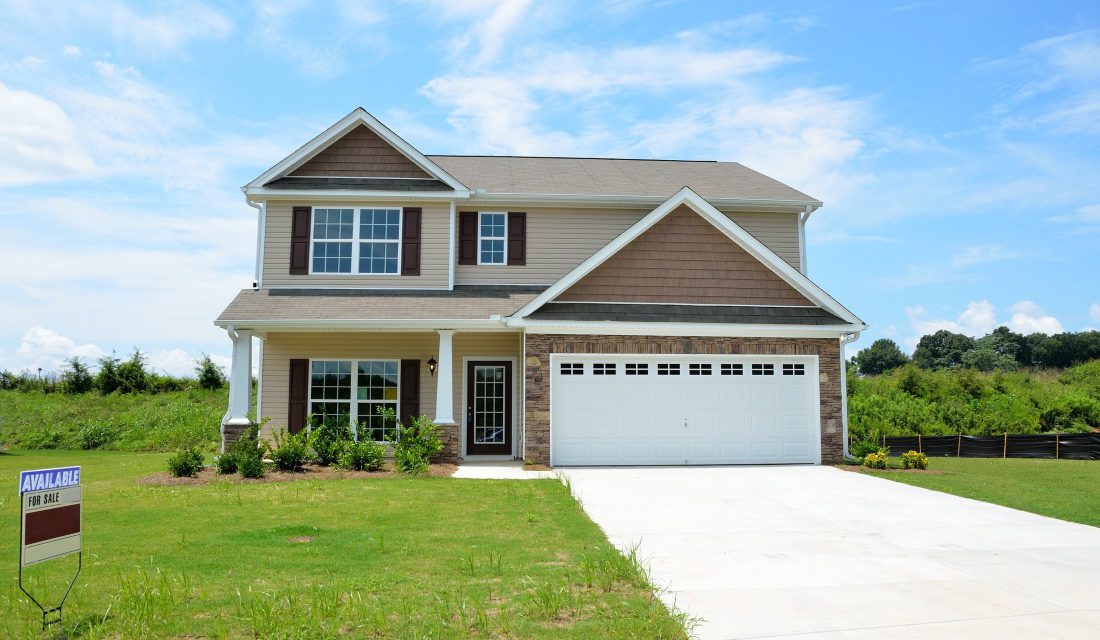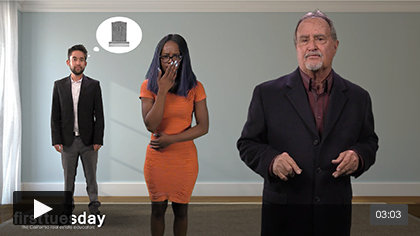Just as other industries, the real estate industry has seen changes in tastes and preferences of homebuyers. This has led to the emergence of new trends regarding construction styles and the materials used in construction. Modular homes are increasingly gaining acceptance and popularity in the California real estate market.
Modular homes are sectional, prefabricated buildings made of multiple sections, known as modules. The residences are built in controlled factory environments before being transported to the construction site, where they are fitted on permanent foundations by professional installers.
When working with clients who are interested in buying modular homes, there are several main questions your clients may ask. Here’s what you need to know to answer:
Q: Are modular homes really cheaper as many are saying?
What you can say: Yes, they are. Modular homes tend to cost much less than traditional houses. There are a number of reasons why the prices of these homes are comparatively lower. As opposed to traditional homes, modular homes have a large portion of their construction completed in a factory setting. This results in fewer interruptions during the construction process. Conversely, work completed on site can be interrupted by poor weather, delay in supply of materials or having to stop for inspections. The shorter time it takes to construct modular homes allows them to sell at more affordable prices.
Q: What about the construction quality?
What you can say: The entire process of building modular homes takes place in a factory. Here, custom tools are available, resulting in quality modules and homes that feature quality construction. On-site builders will have several challenges, including difficulty in transporting large saws and bulky cranes on the site. Limited tools may affect the quality of the house under construction.
Q: I hear these homes are not customized and all look the same, but I don’t want that. Can I have it the way I like it?
What you can say: Yes, you can. Modular homes present numerous options and design possibilities to prospective homeowners. This is regarding both the exterior style as well as the interior design. By working with a quality builder and a dedicated manufacturer, modular homes can be developed to meet the unique needs of individual customers. There will be a wide selection of floor plans from which you can choose. You can also easily modify and upgrade your home in line with the building codes in your state.
Q: I want to have a safe home. What kind of inspections are modular homes subject to?
What you can say: Inspection of modular homes is done both at the factory as well as on site to ensure the homes conform to the building regulations of the state in which the modules will be assembled. A home inspector will be invited to the factory to approve the home in accordance with the law. Once the home has been assembled on the site, another inspection will be conducted to ensure all the building requirements have been met. These inspections confirm your home complies with all legal requirements and ensure it is safe for occupancy.
Q: Who builds these homes? Can I trust them?
What you can say: As you know, site builders often find it difficult to find skilled subcontractors, but this problem is eliminated when you choose to buy a modular home. The subcontractors at the factory constructed the home to your exact specifications and with the use of the brand name building products whose quality and durability you know and trust. This means that when the independent inspector comes to inspect the house, they will find a home that meets all the code requirements and high standards.
Q: Are modular homes energy efficient and friendly to the environment?
What you can say: Modular homes are known to be energy efficient, a factor that also makes them environment-friendly. A typical modular home is built using 2 by 6 walls, ensuring the building is insulated and provides greater energy efficiency in terms of heating costs.
Modular homes are also built in indoor warehouses at the manufacturer’s factory. Here, more caulking is used to make the home more energy efficient and allows for more air filtration. The kind of insulation achieved in these homes reduces heat loss from the home, bringing on huge savings in energy costs.
Of course, there are many other questions your clients may ask about modular homes, but these key points will help you provide the critical information your clients are likely to inquire about.
Would you like to see yourself published as a guest writer on the first tuesday journal online? We welcome your submissions at editorial@firsttuesday.us. All submissions must adhere to the rules set forth in our guest writer guidelines.
All opinions expressed by guest writers are those of the authors alone, and do not constitute first tuesday’s endorsement of policies, stances or opinions contained therein.














